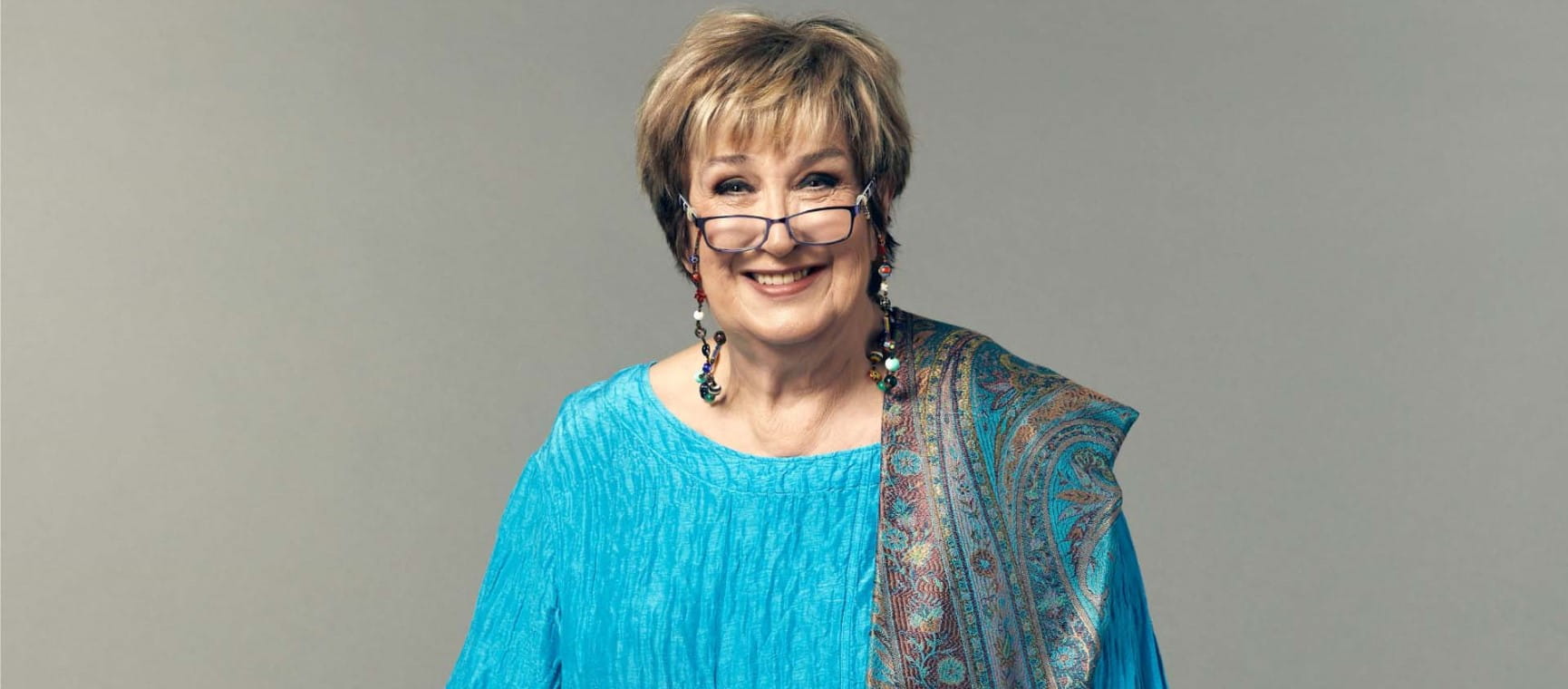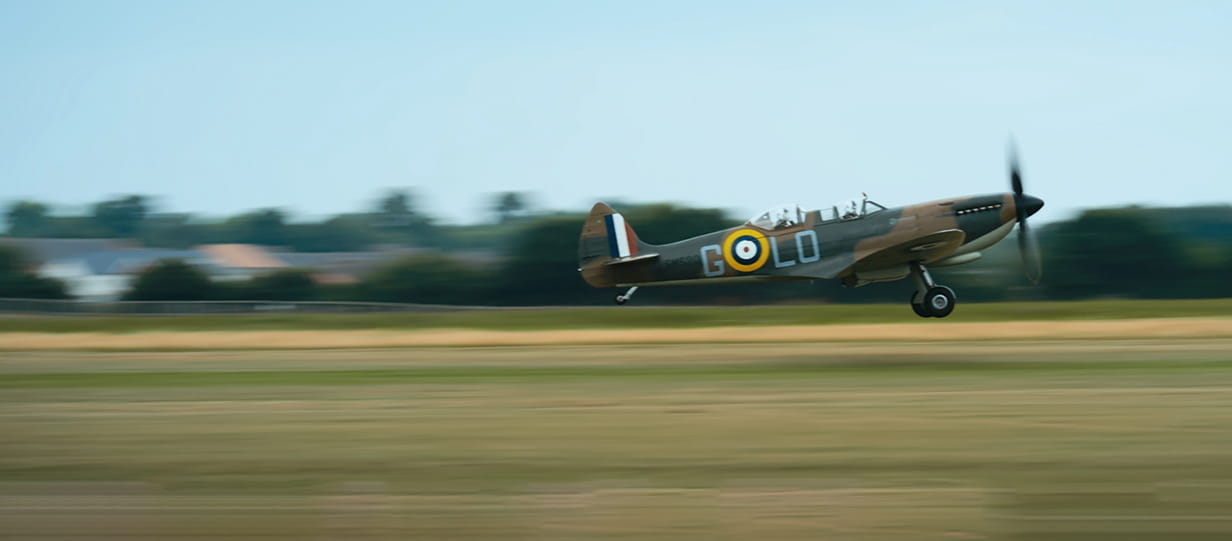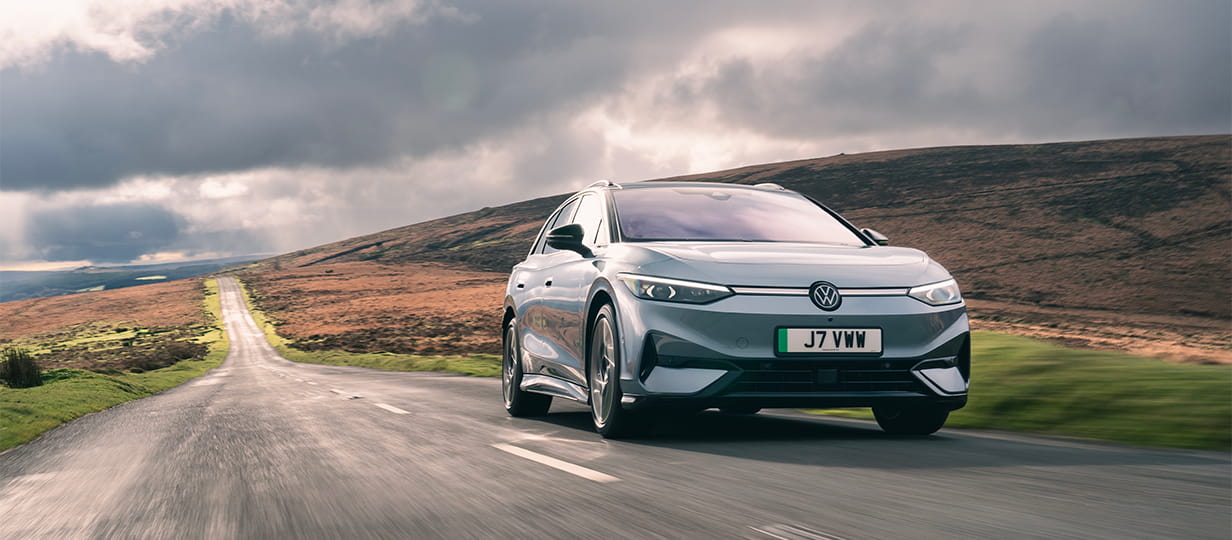Life
Inspirational experiences. Real life insights. The truly exceptional stories that spark a new way of thinking.

Paul Lewis: January money news
Petrol costs will rise and higher taxes on savings are coming, but the protection for money in bank accounts is going up too.

How the weather forecast really works – and which app is the best?
Everything you need to know to choose the best weather app for you.

"His punishment is not enough": Jenni Murray on Ex-Prince Andrew
Our columnist says an early interview with an unhappy Sarah Ferguson made it clear that Randy Andy’s reputation was far from a joke.

I flew in a Spitfire and made a lifelong dream come true
Jeremy Taylor has a lump in his throat as he finds out what its like to fly in Britain’s most iconic aircraft, the Spitfire.

The best electric cars for 2026
The EVs you should consider before the new electric vehicle road tax comes into force.

I have started spying on my wife and I can’t seem to stop
Dr Miriam Stoppard advises a suspicious husband on the best way to put his worries to rest.

Paul Lewis: January money news
Petrol costs will rise and higher taxes on savings are coming, but the protection for money in bank accounts is going up too.

Why spending time on your phone and computer is good for your brain

Susie Dent on the real people behind our most popular expressions

"His punishment is not enough": Jenni Murray on Ex-Prince Andrew
Our columnist says an early interview with an unhappy Sarah Ferguson made it clear that Randy Andy’s reputation was far from a joke.

I have started spying on my wife and I can’t seem to stop
Dr Miriam Stoppard advises a suspicious husband on the best way to put his worries to rest.

How can I get my hatred for my mother-in-law under control for Christmas?
Dr Miriam Stoppard offers some festive tactics for dealing with a horribly rude relative.

Why you’ve been playing Monopoly wrong for years
Surprising forgotten rules to the nation's favourite board games which may come in handy this Christmas.

I flew in a Spitfire and made a lifelong dream come true
Jeremy Taylor has a lump in his throat as he finds out what its like to fly in Britain’s most iconic aircraft, the Spitfire.
Play our free daily puzzles
Beat the boredom and exercise your mind with our selection of free puzzles.

For a limited time, enjoy 3 issues of Saga Magazine for just £1. Receive the next 3 print editions delivered direct to your door, plus 3 months’ unlimited access to the Saga Magazine app—perfect for reading on the go.
Don’t miss your chance to experience award-winning content at an exceptional price.



